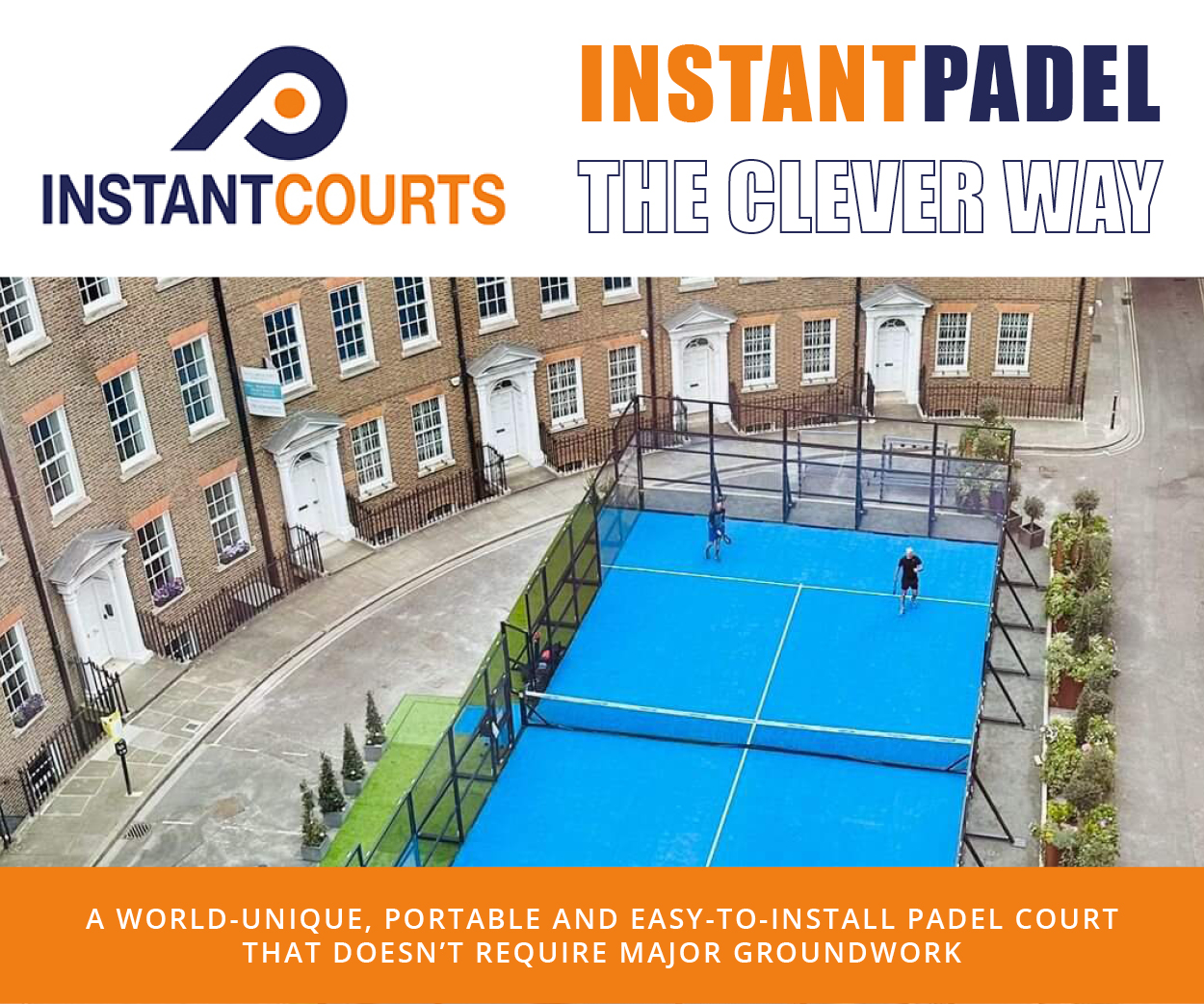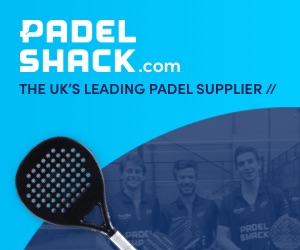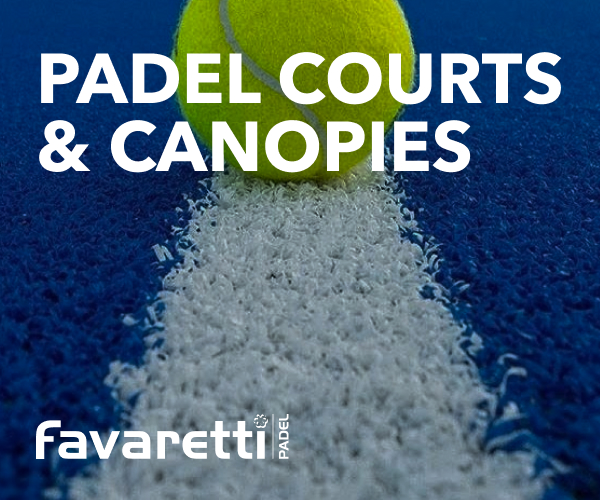David Lloyd opened its 100th padel court last weekend. As the leisure brand turbo-charges padel growth across its clubs, it has revealed to The Padel Paper some surprising lessons learned so far.
Two courts opened at Southampton West End last Saturday saw David Lloyd bring the number of padel courts across its 133 clubs in nine countries to 101 – 32 of those in 12 clubs in the UK (Manchester Trafford, Bristol Westbury, Cheadle, Acton Park, Chigwell, Bushey, Raynes Park, Bicester, Cheadle, Harbour Club Chelsea, Rugby and Shawfair, Edinburgh).
Those UK numbers are set to rise dramatically in the next few weeks with padel courts being added to eight more clubs before the end of January as part of a major company investment into the sport. By the end of 2024, 60 new courts will have been built across its European portfolio.
In an illuminating exclusive interview, Simon Pearson, Group Racquets Manager at David Lloyd Leisure, has explained why he has had to “ rethink all the lessons learned from tennis” by offering limited coaching when padel courts are initially added. The aim is to get as many members playing as possible, and then we will introduce coaching when people are looking to improve their skills.
“In our first eight UK clubs so far where we have added padel, offering coaching in the early stages doesn’t necessarily maximise our opportunity for people to take up the sport,” said Pearson.

“That is different to my experience in tennis and has taken time for us to adapt to. We’ve treated padel too much like tennis, thinking we had to start coaching programmes to get things going. Padel is not like that. It’s different, it’s easier to have success at the start.”
He explains: “Our goal is to encourage as many members as possible to take up padel. It keeps them engaged with our clubs and gives them more reasons to visit, builds communities and offers them increased value from their membership.”
From the initial eight padel court openings at UK David Lloyd clubs so far, Pearson has learned that offering too much coaching in the early stages doesn’t always pay off.
Apart from initial taster sessions and some social club nights, they now let members learn the game by themselves. David Lloyd’s priority is ‘unique users’ (i.e. the court being used by as many different members as possible). They have found that a dense coaching programme can sometimes prevent access to the courts for members who want to play with friends.
Pearson stated: “We will introduce coaching programmes for adults and juniors, and more structured competition in Q2 next year, but for the moment we want to remove every single barrier to allowing people to play. It’s finding the right balance with only a limited amount of courts and very high demand, to allow each member to access the courts as much as they want.”
The reason this policy is so successful is that David Lloyd Clubs already have many of their own mini communities – formed through taking part in ‘Blaze ’, yoga, baby & me, running club, tennis, squash, racketball etc. Friends from those communities will try out the padel courts together and meet players from other friendship groups whilst doing so.
This organic process has evolved over the years. It was 10 years ago when indoor padel courts were first installed at three David Lloyd Clubs – Bushey, Chigwell and Chelsea Harbour Club. These clubs didn’t have social facilities directly next to the courts but did have structured coaching programmes, and the volume of users was modest. Going back to these clubs and making it as easy as possible to try the game has seen them double their numbers in the last six months.

“That was a big part of our learning from those initial three sites,” said Pearson. “Our spec now for padel is a large social area adjacent to the courts with many clubs having outdoor TVs, covers, heaters and lockers.
“Every single court we’ve launched, we’ve got a little bit better. We’ve gained experience. It’s been unconventional to launch them with limited coaching in the early stages, but padel has lower barriers for beginners. Once the community is established and our members are looking to upskill, we plan to focus more on coaching.
“In tennis, you can’t play straight away because you can’t serve, you can’t hold the racket properly, you can’t rally… But these barriers don’t exist in padel. People play it, have a laugh, they want to come back, so they get better quicker and so they want to keep doing it. As they get better, then they will be looking for coaching.”
The padel courts at David Lloyd Rugby, opened last summer, now have over 700 unique users per month, with members playing from 7am-9.30pm every day. “I’ve never seen anything like it in any racket sport,” said Pearson. “There’s limited operational cost – members just book it and play.
“Padel is becoming like the gym – a quick induction and let them enjoy playing the game! The demand for coaching will come further down the line, and we’re working with industry experts to deliver this.
“The addition of padel is making our clubs like mini social hubs. They’re a kind of replacement for local pubs. When you input a sport that’s so naturally social, it’s a recipe for success.”










































